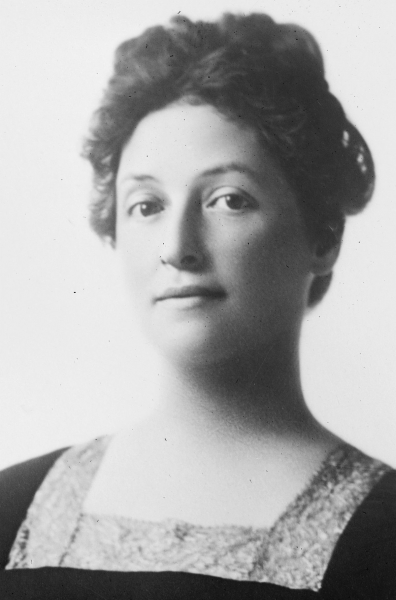A CHANGELING GRATEFUL
A CHANGELING GRATEFUL Here they give me greeting,
House me warm within,
Break their bread and share it
With the heart of kin. Here the ruddy hearth-light Singes not a moth,
Gives a summer welcome
As a red rose doth.
I would leave a gift here
If I might: not I!--
Like a homeless laughter,
Vagrant wind gone by. But while I am a glow-worm
I will shine and stay:
When I am a shadow…
I will creep away.
A FAR-OFF ROSE
A FAR-OFF ROSE
by: Josephine Preston Peabody (1874-1922) A FAR-OFF rose of long ago, An hour of sweet, an hour of red, To live, to breathe, and then to go Into the dark ere June was dead! Why say they: Roses shall return With every year as years go on? New springtime and strange bloom, my rose, And alien June; but thou art gone.
After music
After music I SAW not they were strange, the ways I roam, Until the music called, and called me thence, And tears stirred in my heart as tears may come To lonely children straying far from home, Who know not how they wandered so, nor whence. If I might follow far and far away Unto the country where these songs abide, I think my soul would wake and find it day, Would tell me who I am, and why I stray,-- Would tell me who I was before I died.
Cradle Song
Cradle Song
I
Lord Gabriel, wilt thou not rejoice
When at last a little boy's
Cheek lies heavy as a rose
And his eyelids close?
Gabriel, when that hush may be,
This sweet hand all heedfully
I'll undo for thee alone,
From his mother's own.
Then the far blue highway paven
With the burning stars of heaven,
He shall gladden with the sweet
Hasting of his feet: --
Feet so brightly bare and cool,
Leaping, as from pool to pool;
From a little laughing boy
Splashing rainbow joy!
Gabriel, wilt thou understand
How to keep this hovering hand? --
Never shut, as in a bond,
From the bright beyond? --
Nay, but though it cling and close
Tightly as a climbing rose,
Clasp it only so, -- aright,
Lest his heart take fright.
(Dormi, dormi, tu.
The dusk is hung with blue.)
II
Lord Michael, wilt not thou rejoice
When at last a little boy's
Heart, a shut-in murmuring bee,
Turns him unto thee?
Wilt thou heed thine armor well, --
To take his hand from Gabriel,
So his radiant cup of dream
May not spill a gleam?
He will take thy heart in thrall,
Telling o'er thy breastplate, all
Colors, in his bubbling speech,
With his hand to each.
(Dormi, dormi, tu.
Sapphire is the blue,
Pearl and beryl, they are called,
Crysoprase and emerald,
Sard and amethyst
Numbered so, and kissed.)
Ah, but find some angel-word
For thy sharp, subduing sword!
Yea, Lord Michael, make no doubt
He will find it out:
(Dormi, dormi, tu!
His eyes will look at you.)
III
Last, a little morning space,
Lead him to that leafy place
Where Our Lady sits awake,
For all mothers' sake.
Bosomed with the Blessed One,
He shall mind her of her Son,
Once so folded from all harms
In her shrining arms.
(In her veil of blue,
Dormi, dormi, tu.)
So; -- and fare thee well.
Softly, -- Gabriel . . .
When the first faint red shall come,
Bid the Day-star lead him home,
For the bright world's sake,
To my heart, awake.
Envoi
Beloved, till the day break,
Leave wide the little door;
And bless, to lack and longing,
Our brimming more-and-more.
Is love a scanted portion,
That we should hoard thereof? --
Oh, call unto the deserts,
Beloved and my Love!
